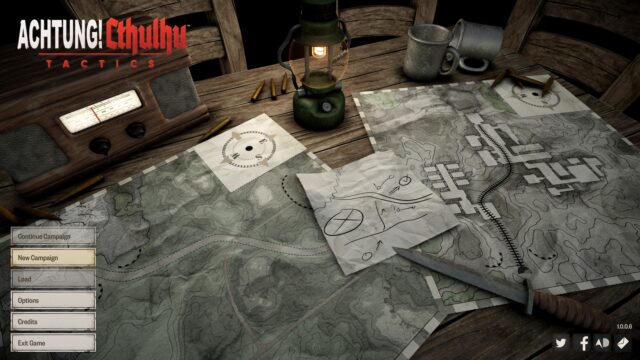Fahrenheit: Indigo Prophecy Remastered Review
Remaster, remaster, remaster. Remasters here, remasters there. For the past couple of months, this word has been constantly ringing in our ears so much that it’s becoming nauseating. A little more, and this phenomenon can confidently be elevated to symbols of bad taste and insatiable greed. Although commendable examples like the remastered DuckTales or Grim Fandango still allow us to sleep peacefully, the first alarming signs are becoming more and more distinct. Unforgettable games like “Fahrenheit,” for example, have been less fortunate than others.
The appearance of the website achillingfeeling.com with an unmistakable timer raised one thought: “Oh God, I hope it’s not for mobile phones.” A couple of days later, leaked information that the remaster is coming, including for PC, alleviated concerns but was accompanied by screenshots so unconvincing that we could only hope for an official announcement. And now here we are, waiting.

What did you do with the logo, you bastards?!
Who doesn’t remember, Fahrenheit released in 2005, was a pioneer in the so-called “interactive movie” genre. It is to him that we owe the appearance of such games as Heavy Rain and Beyond: Two Souls, and maybe even numerous series from Telltale. The gameplay here is essentially non-existent: just press the big colorful buttons on time and choose the dialogue options you like. But with this approach, Quantic Dream managed to tell one of the most captivating stories of those years.
Lucas Kane is not a criminal or a soldier with a dark past, and he doesn’t have any mental problems. He is just an ordinary person, a bank system administrator, who is going through a rough patch with his girlfriend and struggles to communicate with his brother. Nevertheless, he becomes the center of the story, right at the moment when he commits a murder in the restroom of one of the New York dives.
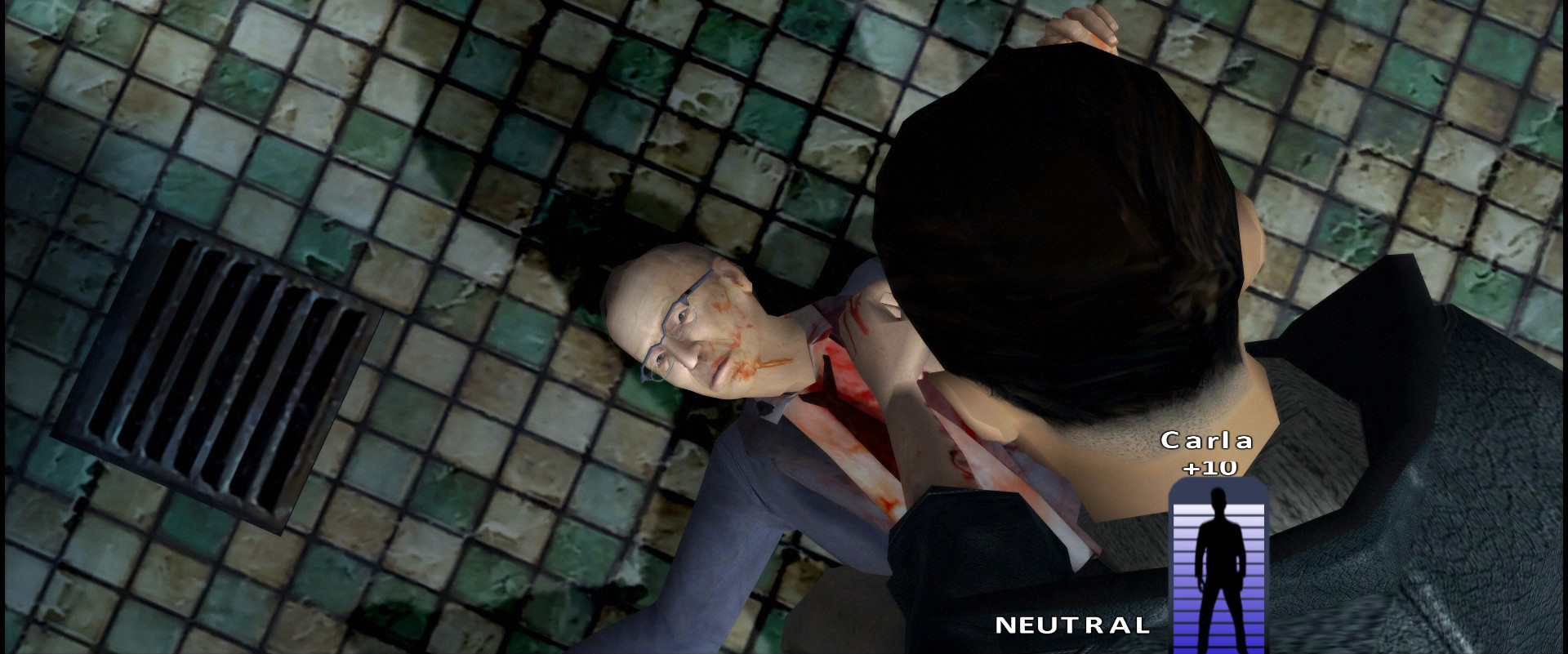
Not a bad start, huh? Without explaining anything properly, the player is entrusted with controlling the hero and is openly hinted that they need to clean up the evidence: Lucas doesn’t remember what happened and is convinced that he acted against his will, but the police officer behind the counter is unlikely to appreciate his sincerity. Under time pressure, we close the body in the booth, hide the knife, wash up, and quietly leave the establishment. Only to return there again.
A moment later, the narrative switches to two detectives at the crime scene. They search for the murder weapon, question witnesses, inspect the suspect’s table and the body of the victim – just like in real police quests. And the fact that we ourselves just cleaned the floor from blood and escaped through the fire exit does not diminish the interest in the investigation. In reality, we also didn’t see the whole picture.
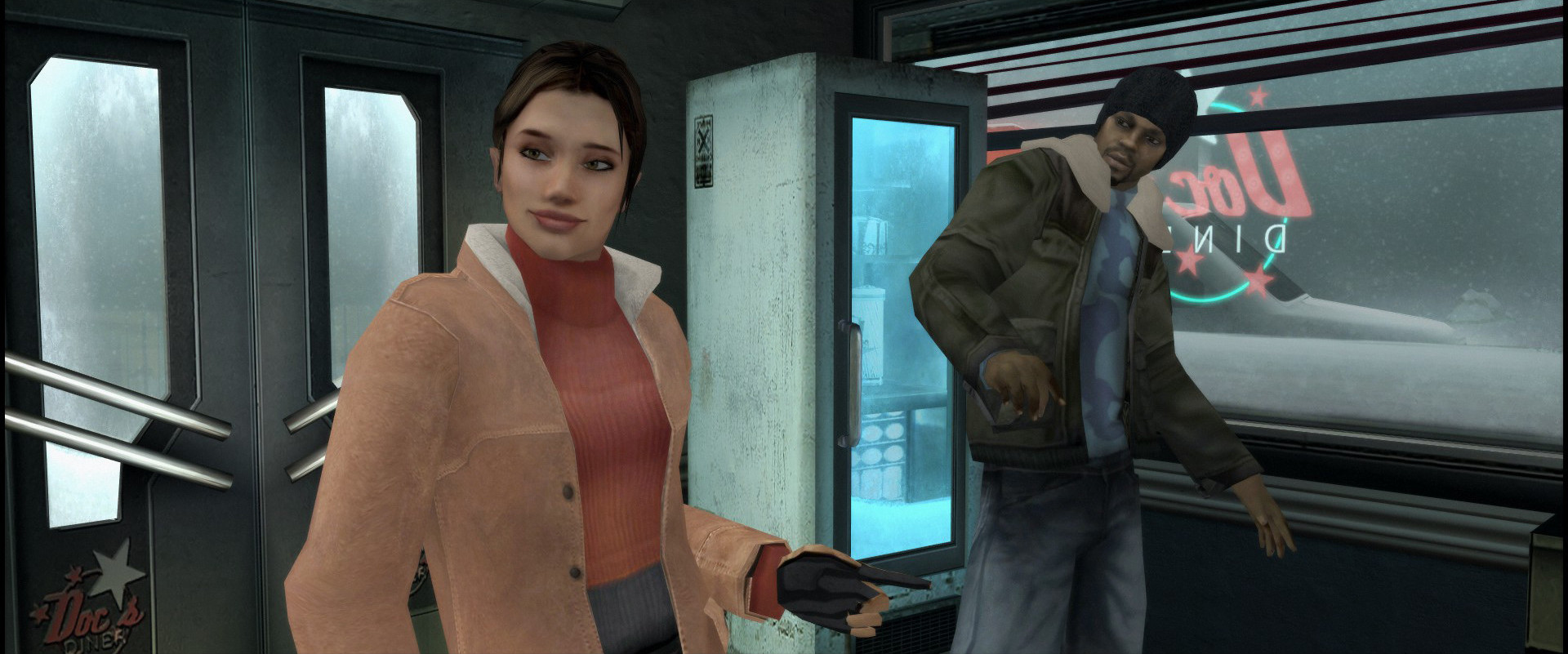
This is where the main charm of Fahrenheit lies – the plot development. We are constantly thrown from one character to another, revealing details from diametrically opposite sides. Lucas, shocked, tries not to give himself away and get to the bottom of what happened, while detectives Carla Valenti and Tyler Miles search for new leads and piece together theories bit by bit – and there is always something surprising from both sides. What initially seems like a normal (though tense) thriller, turns upside down at least twice in the most unexpected way and becomes filled with elements of the paranormal, science fiction, and who knows what else.
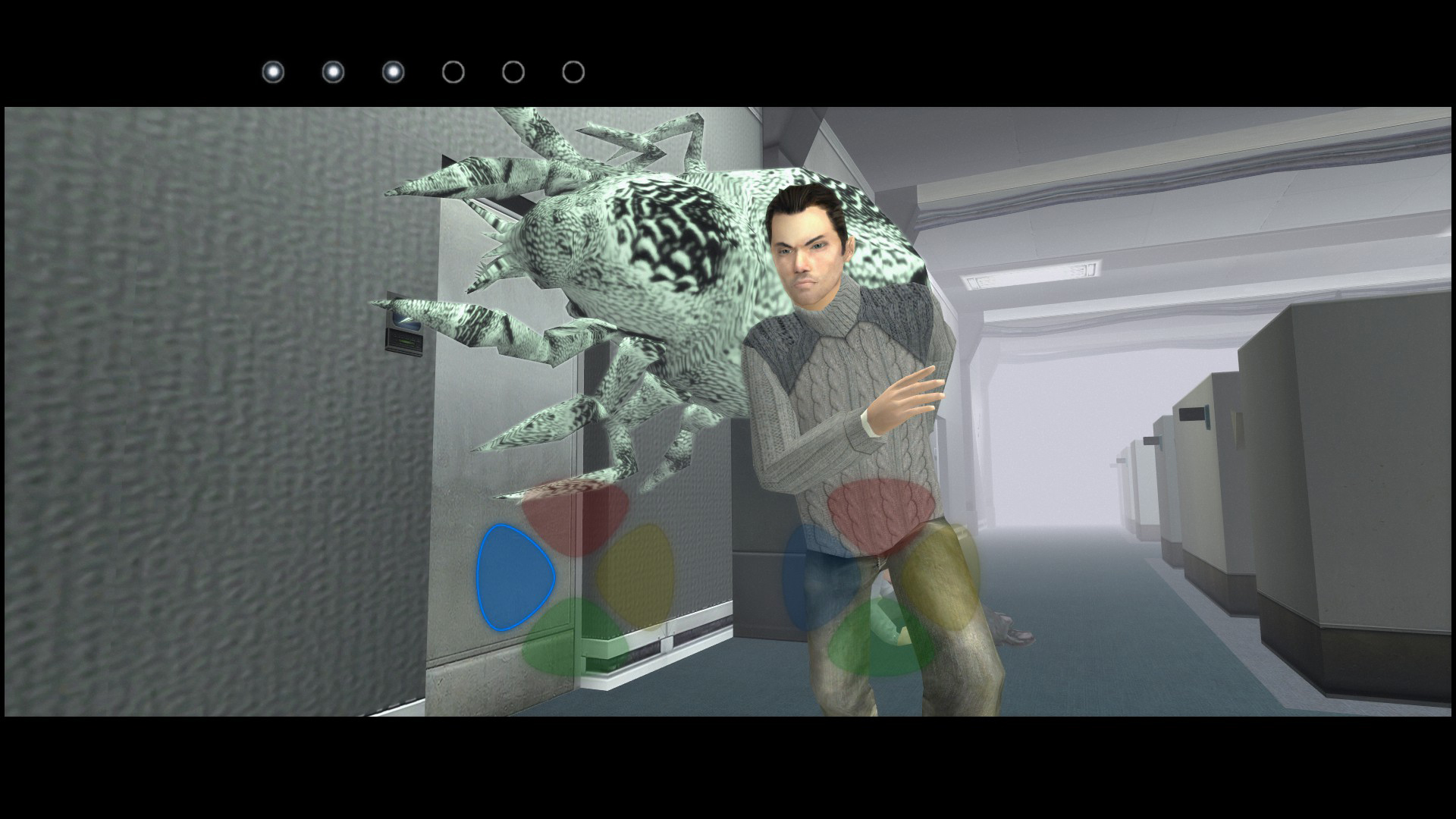
Moreover, the authors did not skimp on non-linearity. More precisely, on its illusion. Many situations in the game provide several alternative options for the development of events, which goes well with the atmosphere and dynamics of the narrative. For example, in conditions of limited time, you can accidentally blurt out something stupid or throw a drowning child, fearing the attention of the police. The decisions you make almost always affect the moral state of the characters, which needs to be maintained with “carrots” like watching TV or having a cup of coffee. However, you shouldn’t expect total influence on the plot – this momentary variability exists in order to give importance to the player’s actions and, as a result, make them empathize with the characters, with whom they even go to the toilet together.
But the newly released Indigo Prophecy Remastered makes you feel even more strongly. If there is one thing that the anniversary edition of Quantic Dream’s key work could have paid more attention to, it is this.
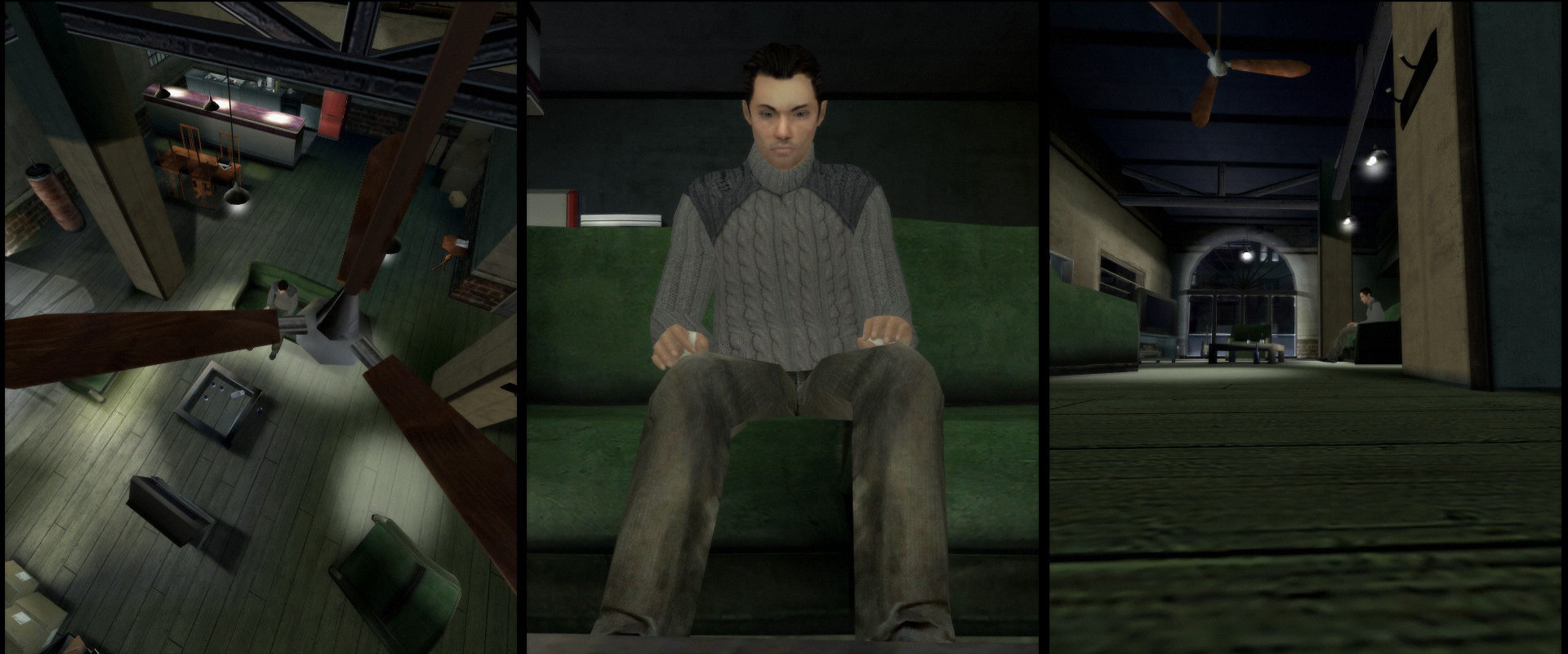
Any scene of even the slightest significance is stylishly shown from multiple angles at once.
There are no complaints, probably only about the line “Full controller support” from the official description. Yes, there won’t be any problems with the gamepad, no matter what, and it plays great with any of the modern models. The only thing is that it’s better to turn on wireless devices before starting the game.
But graphically, Fahrenheit, if it took a step forward, did so very weakly. In a big way, we should only thank for the support of widescreen resolution and reduced graininess of the picture, because the developers didn’t bother to fix even the shaky animation and the flaws of objects passing through hands. The promised HD textures turned out to be slightly less blurry variations of the old ones – although some were completely replaced. We will honestly miss Carla’s old gloves, and we still sadly chuckle at Lucas’ new guitar.
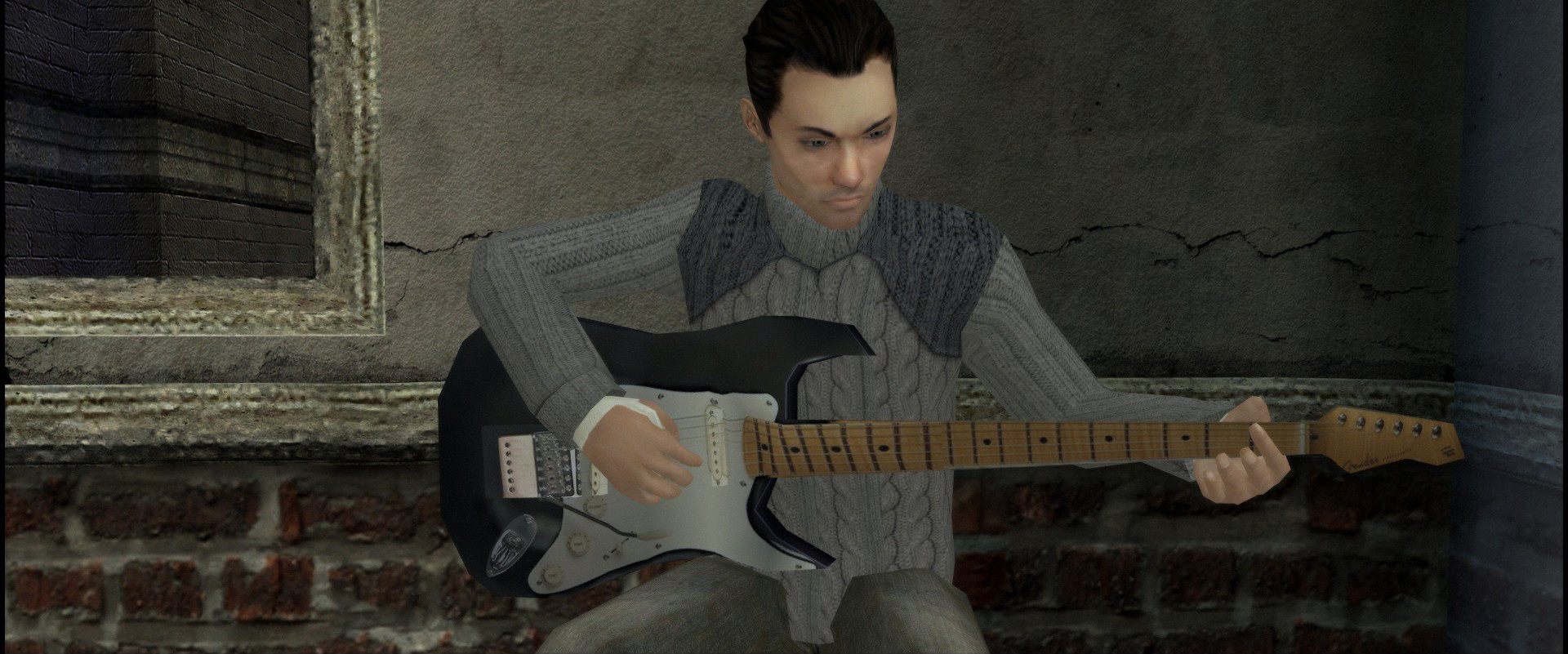
Yes, by the way. Switching between the “old” graphics and the remaster can cause the game to crash for no reason, so it’s better not to mess around with it. Let’s leave such tricks for Halo Anniversary editions.
It wouldn’t hurt to have Indigo Prophecy Remastered and the introduction of some additional scenes that would replace or at least explain all the horror that happens in the final episodes of the game. Ten years ago, the ending of the original Fahrenheit sometimes marred the occasionally illogical but still cohesive and exciting story with a giant stain, and now the contrast is much more noticeable. But no, you won’t find even a couple of minutes of developer commentary here – everything is strictly according to the list.
However, all our grumbling can be overshadowed by the fact that this is precisely a remaster, not a remake. In the industry, these terms are increasingly confused, but even that doesn’t justify the very minor improvements and fixes.
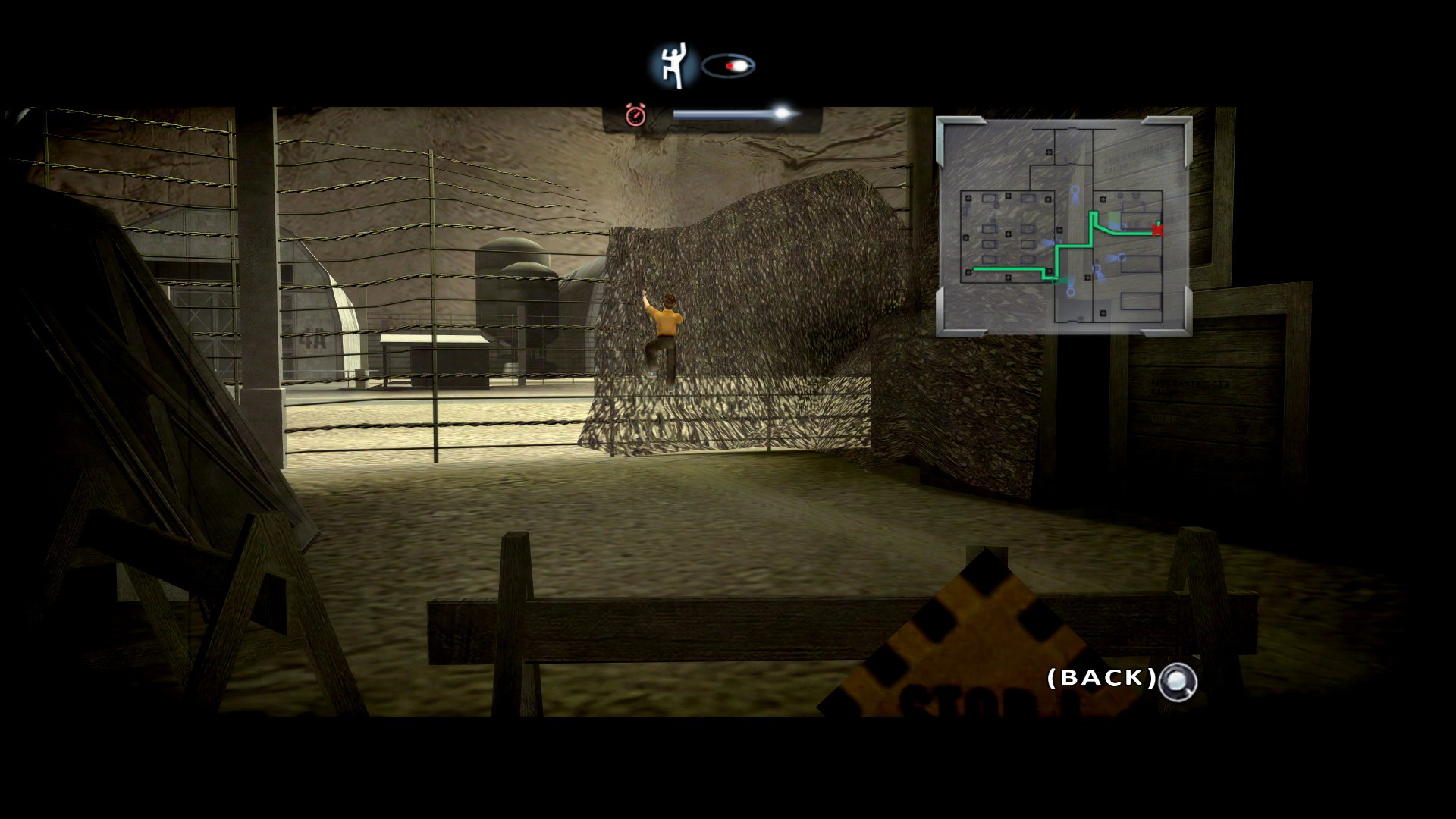
Flashbacks from Lucas’s childhood are the most forced and boring episodes of the game.
In general, Fahrenheit has remained the same as it was. The remaster didn’t change the impressions from the 2005 version at all, which means that today it can only evoke either purely academic or nostalgic interest.
Dear developers, if the potentially hypothetical remaster of Omikron turns out to be the same – blame yourselves!
Share
Discuss
More Reviews





